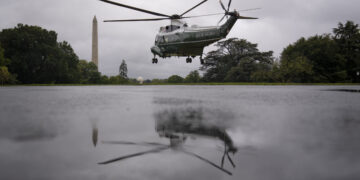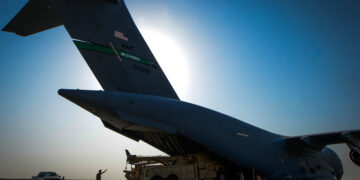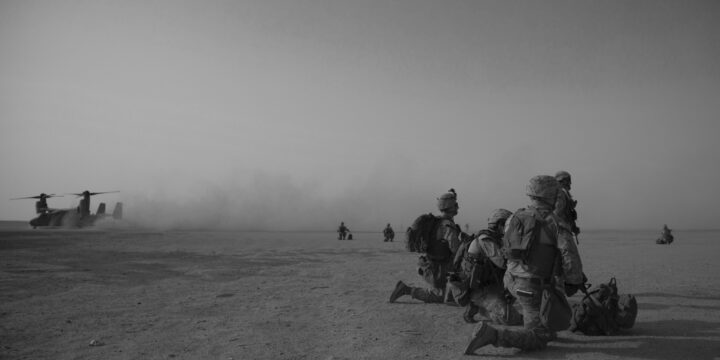February 11, 2021
Delaying U.S. exit from Afghanistan is fraught with risks
FOR IMMEDIATE RELEASE:
February 11, 2021
Contact: press@defensepriorities.org
WASHINGTON, DC—Earlier this month, the Afghanistan Study Group released its report commissioned by Congress. Defense Priorities Fellow Daniel DePetris issued the following statement in response:
“A recent report from the Afghanistan Study Group glosses over the most important question the Biden administration should be asking as it conducts its policy review: Is maintaining a U.S. troop presence in Afghanistan past the May 1 withdrawal deadline in the U.S. national interest? All the evidence points to ‘no.’
“The link between a U.S. troop presence and overall stability in Afghanistan is a faulty one. Violence in Afghanistan could very well increase after a U.S. withdrawal, but the same thing is likely to occur if the Biden administration extends U.S. deployments past the early spring—only U.S. soldiers will be at needless risk. The Taliban seem unlikely to tolerate foreign troops operating in Afghanistan beyond May 1. Americans in uniform, who have fortunately avoided combat deaths since the Doha agreement was signed last February, would again be the target of Taliban attacks. U.S. casualties would rise as a result.
“Tying a U.S. troop withdrawal to progress in the intra-Afghan peace talks is also fraught with risks. Direct negotiations between the Afghan government and the Taliban were delayed for seven months; it took nearly three more months for the parties to even agree on an agenda. Ordering U.S. troops to stay in the middle of a decades-long civil war until Afghans are able to make peace with one other is tantamount to keeping those troops stuck in Afghanistan years into the future.
“The U.S. intervened in Afghanistan for two specific reasons: decimate Al-Qaeda and punish the Taliban for harboring the terrorist group. Both of those objectives were accomplished in the war’s opening months—the U.S. can continue to defend itself from terrorism by utilizing its unmatched intelligence and counterterrorism capabilities. The U.S. has won all it can in Afghanistan. President Biden should keep the U.S. commitment to withdraw and bring all combat forces home.”
More on Afghanistan

Featuring Daniel DePetris
September 18, 2025

January 13, 2025

January 9, 2025





